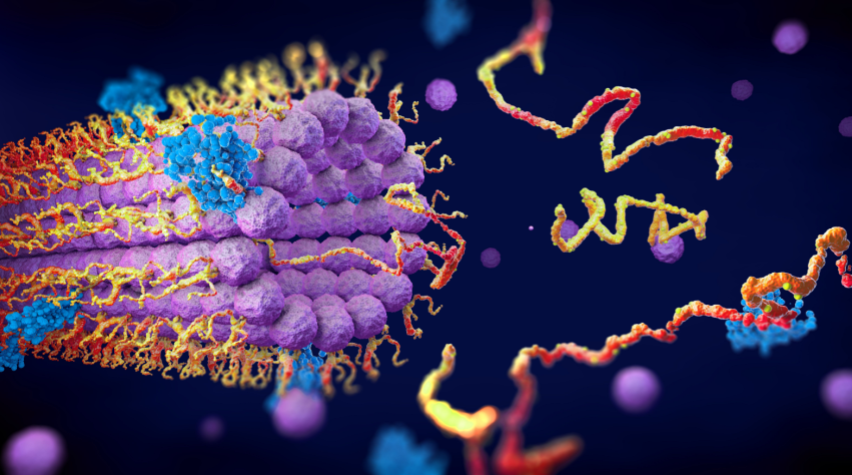
Disclosure: This post is sponsored by Lallemand and reflects their views, opinions, and insights.
The 2023 Metabolic Engineering Conference (ME15) takes place June 11–15 in Marina Bay Sands, Singapore. ME15 is the world-leading conference to share developments and achievements in the field. The conference enables participants to collectively explore how developments in metabolic engineering can advance diverse sectors across agriculture, biomanufacturing, medicine, and more.
Lallemand is a global leader in quality microbial products and process solutions across a wide range of industrial applications including baking, oenology, biofuels, animal nutrition, and brewing. In 2014 Lallemand acquired Mascoma, a research and development facility that uses modern strain development techniques to solve industry’s toughest microbiological problems. Together, Lallemand and Mascoma are leaders in delivering innovative microbial solutions to improve sustainability and address modern technical challenges.
Lallemand’s research objectives exist at the interface of conventional untargeted strain development strategies, such as organism discovery and mating, and more targeted modern strain engineering methods, like homologous recombination. Exploiting both conventional and modern strain development methods at this interface is imperative to provide quality microbial solutions to meet customer needs across numerous industries. Bailey Carignan is a researcher at Mascoma who specializes in developing genetically engineered brewing strains that help brewers achieve new flavors, aromas, or other fermentation performance goals that cannot be met by commercially available brewing strains.
What distinguishes the research objectives of Lallemand relative to other manufacturers of microbial products?
Lallemand’s research objective is to produce quality microbial strains that solve industrial problems or add value to existing products. Lallemand specializes in developing microbial strains using multiple strain development strategies, like conventional strain selection methods and targeted genetic engineering techniques, coupled with extensive technical support to ensure each product is performing optimally in the customers’ hands. Strong customer relations and technical product support in combination with diverse research strategies — including mating and hybridization to modulate endogenous microbial traits and targeted strain development methods like homologous recombination, metabolic engineering, and protein engineering to produce novel microbes — create a product development pipeline that is efficient and effective.
How do you feel advancements in genetic engineering can improve society and address modern global challenges (sustainability, human health, etc.)?
Modern genetic engineering techniques are efficient tools to create microbial strains that help industry address technical challenges by reducing raw materials, shortening production time, increasing product yield, and simplifying processes which lead to reduced cost and less waste. Along these lines, genetically engineered microbes can help society adapt to increasing environmental pressures by efficiently producing more robust microbes that can better deal with stressors such as extreme temperatures, osmotic stress, and toxic compounds, which allows producers to maintain operations in physiologically challenging environments.
What factors do you consider to be important in expanding consumer perception surrounding genetically engineered microbes, particularly as it relates to genetically engineered microbes in food and beverage products?
Customer perceptions around genetic engineering technologies are very complex, and as a scientist, they’re not my particular area of expertise; however, there are a lot of potential benefits to improve microbes using genetic engineering technology, and the variety of potential techniques to achieve a given endpoint does illuminate the need to focus on benefits to the consumer. Many factors may expand acceptance of genetically engineered microbes globally. Notably, transparency regarding product development and regulatory compliance, in combination with consumer outreach through technical support and transparent messaging regarding the opportunities and limitations of genetically engineered microbes, may expand global acceptance of these products.
Learn more about the Metabolic Engineering 15 and register today.

Bailey Carignan
Bailey Carignan is a Research Associate III at Mascoma LLC, a subsidiary of Lallemand. Read more.
Disclosure: This post is sponsored by Lallemand and reflects their views, opinions, and insights

